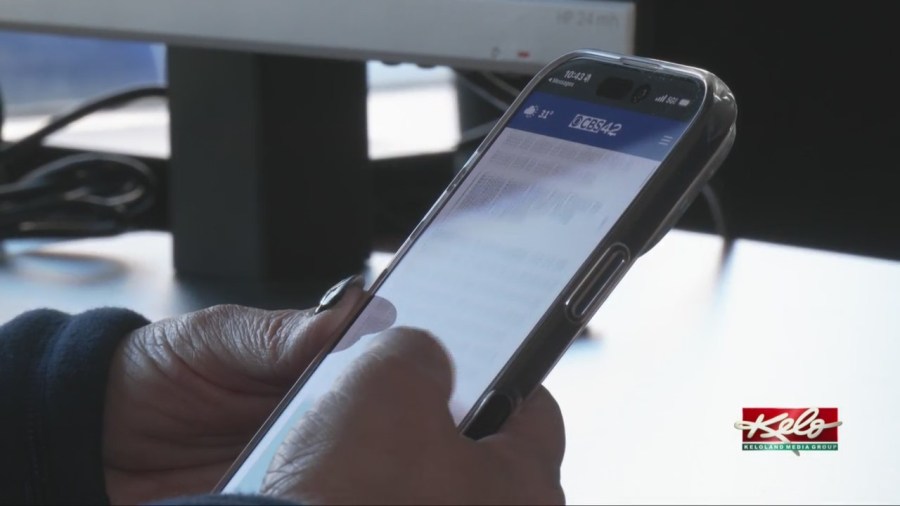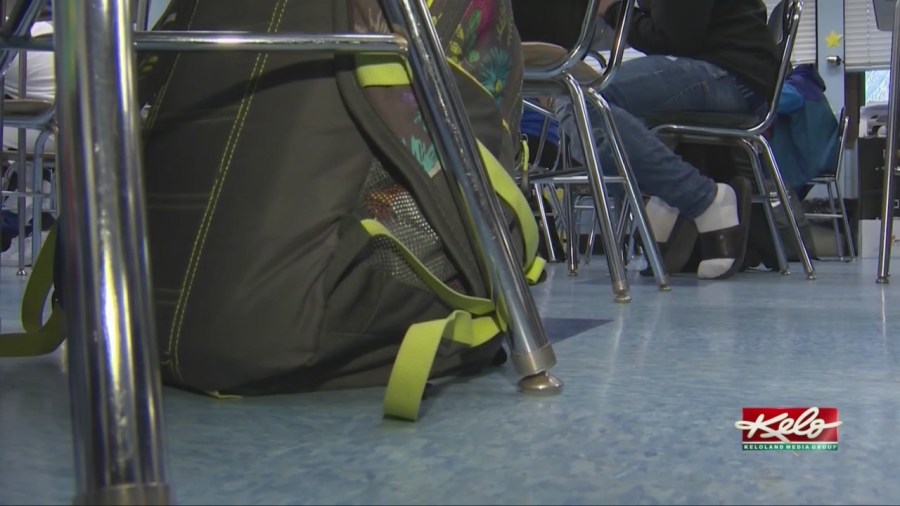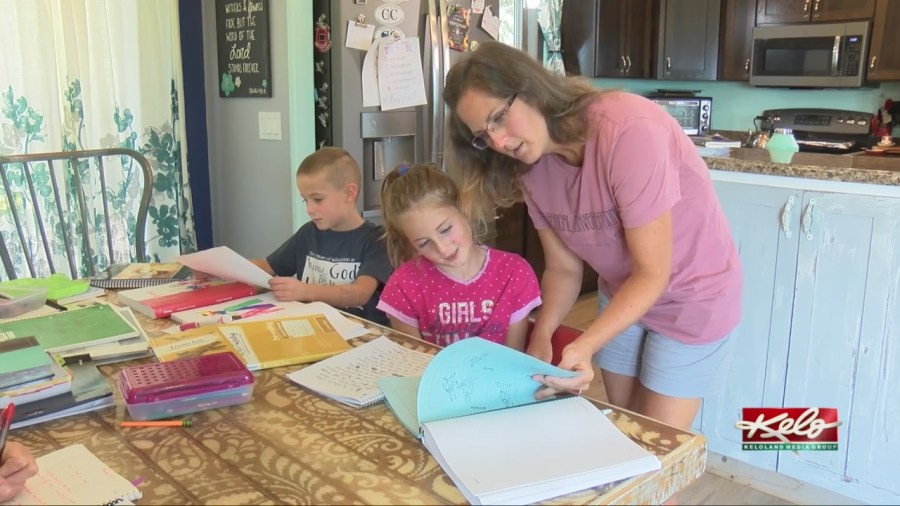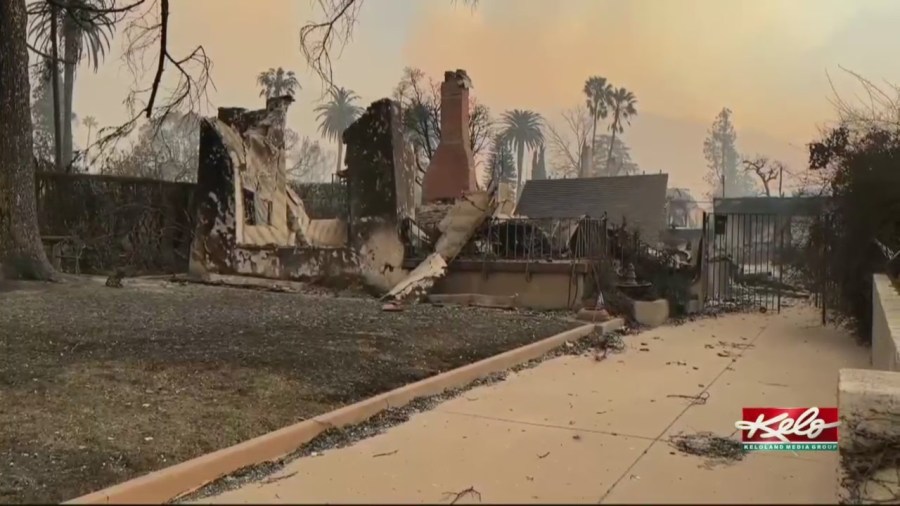SIOUX FALLS, S.D. (KELO) — It’s a scam that’s going around social media that wants you to share information about a missing child, but when you click on the link, it takes you to a completely different website.
An image of a child with bruises was posted to a Sioux Falls Facebook group saying this was a missing child who was found in the area and needed help.
In a matter of hours, it was seen and shared by many.
The only thing is this missing child is not missing at all, the photos were taken from this news story in Alabama. And the link attached to the post took users to a completely different website.
Jessie Schmidt with the Better Business Bureau of South Dakota says these types of scams are called phishing and use sensitive photos to lure people in.
“Really vulnerable populations like infants, toddlers and really young children. That creates a sense of urgency in people. And then when there’s a hashtag and they want you to share it, that all of that should be a really big red flag to do a bit of a deeper dive,” Schmidt said.
Especially in cases of missing children, Schmidt says you should always refer to a credible page, like local law enforcement.
Brookings officer is woman’s hero after caring for dog
“Follow the Sioux Falls PD on social media or on X or on all of their platforms. They have great people that run their social media. If this is a legitimate thing, they’d have been out on those sites rather quickly,” Schmidt said.
Some tips to help identify if a post is legit or not, include clicking on the person’s profile who posted it.
“How long has that profile been set up? Are there any pictures? Do you have any friends in common? Since they had no friends, you weren’t going to have any friends in common other than the site that you shared it on. So again, those are three red flags,” Schmidt said.
Schmidt says taking an extra few clicks to verify a post can go a long way to help limit misinformation.
“Make sure that you just don’t do the typical quick share because so many things around social media are not legitimate,” Schmidt said.
According to the BBB Scam Tracker, phishing scams doubled in 2023 and continue to rise.







